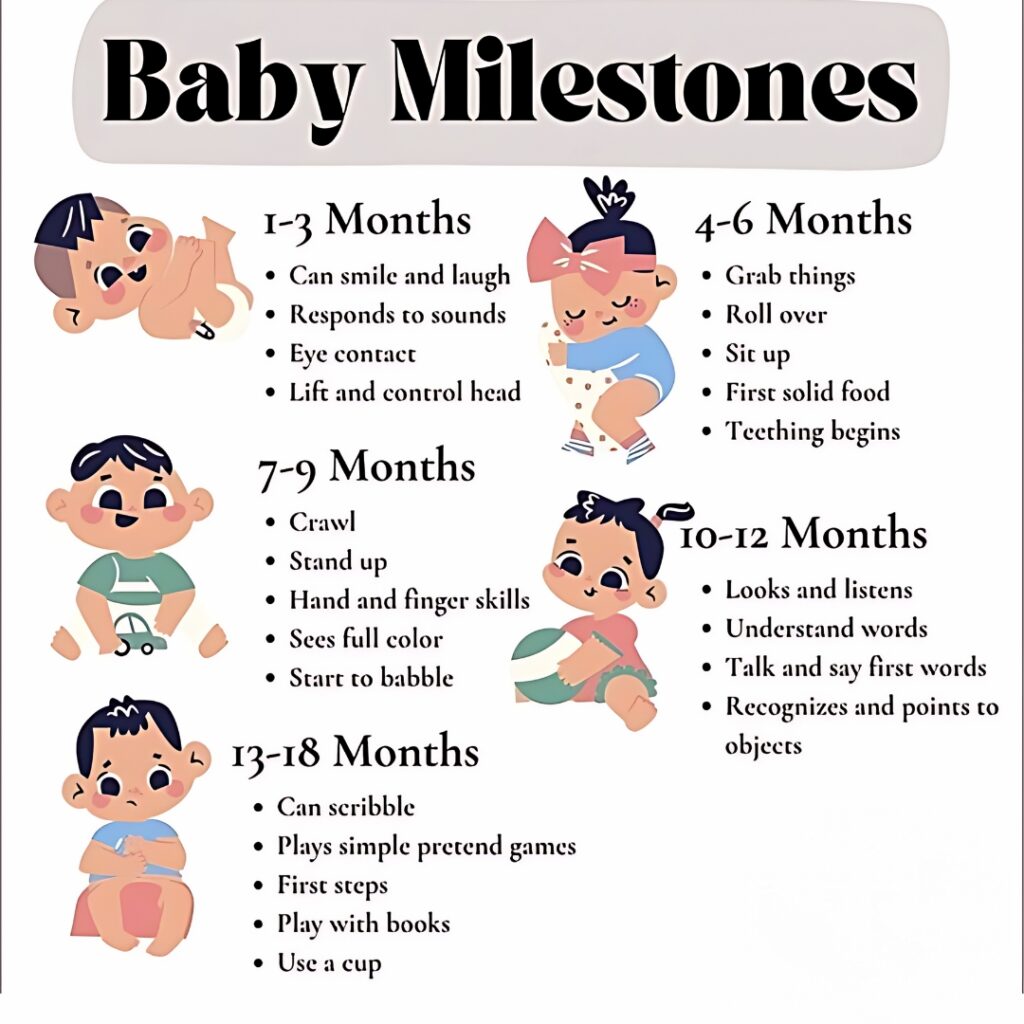Welcoming a newborn is an exciting and transformative time for parents. As you embrace this new chapter, understanding the essential aspects of newborn care can help you feel more confident and ensure your baby’s well-being. Here are some key tips for caring for your newborn in those precious early days.
1. Feeding Your Newborn
Newborns typically feed every two to three hours. Whether breastfeeding or formula-feeding, make sure your baby is latching properly and receiving adequate nutrition. Breast milk provides essential nutrients and antibodies, but formula is also a nutritious option if breastfeeding is not possible. Observe your baby’s hunger cues, such as sucking on fingers, lip-smacking, or restlessness, as crying is usually a late hunger sign.
2. Ensuring Safe Sleep
Safety is crucial during sleep. Place your baby on their back to sleep, which reduces the risk of sudden infant death syndrome (SIDS). Keep the crib free from blankets, pillows, and stuffed toys to prevent suffocation. Swaddling can help your baby feel secure, but ensure it’s done safely with the hips and legs free to move, reducing the risk of hip dysplasia.
3. Diapering and Skin Care
Newborns typically need diaper changes every two to three hours or whenever soiled. Cleanse gently with wipes or warm water, especially around sensitive areas. Apply diaper rash cream if you notice redness or irritation. Newborn skin is delicate, so use mild, hypoallergenic products and avoid harsh lotions or soaps.
4. Umbilical Cord Care
The umbilical cord stump usually falls off within one to two weeks. Keep the area dry and clean, and avoid submerging it in water until it falls off. If you notice redness, foul odor, or pus, consult your healthcare provider, as these may be signs of infection.

5. Bathing Basics
Bathing your newborn two to three times a week is sufficient; more frequent bathing can dry out their delicate skin. Use a soft cloth and lukewarm water, focusing on the face, neck folds, and diaper area. Once the umbilical cord stump falls off, you can bathe your baby in a small tub with gentle baby soap.
6. Bonding and Comforting
Holding, cuddling, and talking to your newborn helps establish a strong bond. Newborns find comfort in close contact, so don’t worry about holding them “too much.” Skin-to-skin contact is soothing for both baby and parent, promoting warmth and security.
7. Recognizing Health Signs
A newborn’s health can change quickly, so keep an eye out for warning signs, such as a high fever, difficulty breathing, or poor feeding. It’s normal to feel uncertain—don’t hesitate to reach out to your pediatrician if you’re concerned.
Conclusion
The journey of caring for a newborn may seem overwhelming, but remember, every baby is unique. With time, you’ll become more comfortable with your little one’s needs. Trust your instincts, seek help when needed, and cherish these early moments—they grow up fast!









